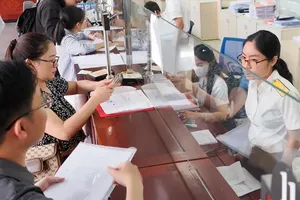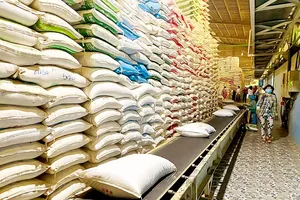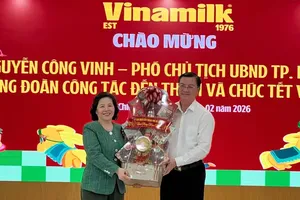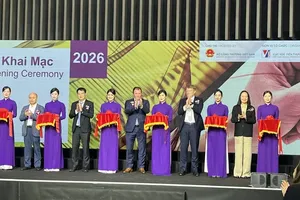
The Tax Office No. 19 of Ho Chi Minh City today held a conference to implement the pilot plan for transitioning tax management methods for household businesses, replacing the long-standing lump-sum tax system.
At the event, Head Vo Thanh Loc of Tax Office No. 19 announced that starting January 1, 2026, household businesses will shift from fixed-rate taxation to revenue-based self-declaration, in accordance with Resolution 68 and the city’s related plans. Since early November, the office has conducted a 60-day campaign to assist households in the transition, offering guidance on tax declaration and the use of e-invoices.
To date, nearly 3,000 households have switched to the new declaration method, and about 14,500 out of more than 15,500 have scanned QR codes to access tax information showing strong public support for the new policy.
Deputy Head of the HCMC Tax Department Giang Van Hien emphasized that the transition from lump-sum to declarative taxation will bring multiple benefits to household businesses, particularly in ensuring transparency, fairness, and accuracy. Tax obligations will be calculated based on actual revenue rather than estimates, eliminating arbitrary assessments and ensuring that honest taxpayers are not disadvantaged compared to those underreporting income.
With proper invoicing and bookkeeping, household businesses will also find it easier to sign contracts, transact with companies, participate in tenders, and issue invoices to clients. Previously, many small businesses missed opportunities to supply larger companies because they lacked valid invoices, preventing those firms from recording expenses.
The declarative model will further enable households to access financial and policy support more easily such as bank loans, brand registration, participation in digital transformation programs, and tax incentives. The government views this shift as a stepping stone for household businesses to grow sustainably and eventually upgrade to formal enterprises.
At the conference, hundreds of household businesses from Cu Chi Commune received direct consultations and assistance from tax officials, union members, and solution providers. Tax Office No. 19 also distributed personal contact numbers of tax officers responsible for each locality, ensuring households can seek support any day of the week.
The guidance session covered practical topics such as installing and using the eTax Mobile app, registering for e-invoices, opening dedicated business bank accounts, understanding tax incentives for upgrading to enterprise status, and avoiding administrative penalties.
























